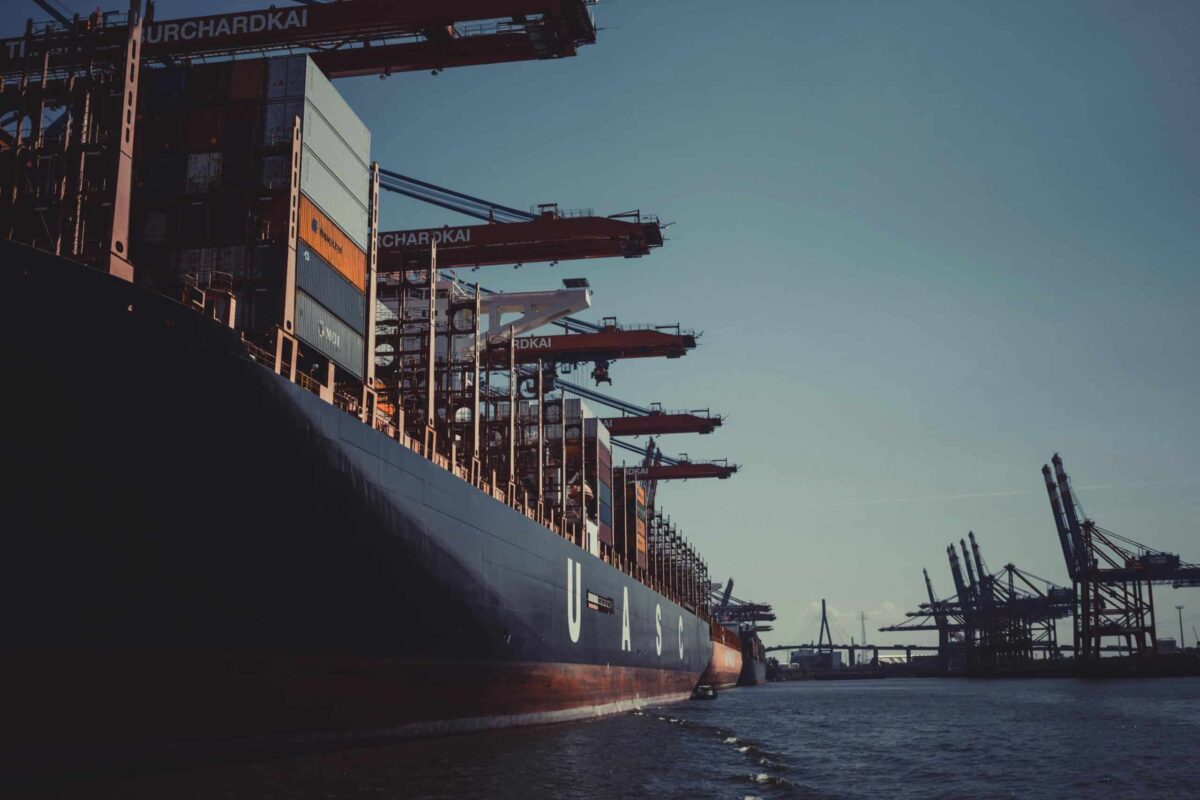Global trade is shaped as much by politics as it is by logistics. A new development out of Turkey highlights this reality, as the country has expanded its shipping restrictions on Israel to reinforce an ongoing trade ban linked to the Gaza conflict.
What Changed?
On August 21, 2025, reports confirmed that Turkish ports are now requiring shipping companies to provide written guarantees stating that their vessels:
- Have no direct or indirect ties to Israel
- Are not carrying military or hazardous cargo destined for Israel
Vessels departing for or arriving from Israeli ports are effectively banned from docking in Turkey. Turkish-flagged ships are also prohibited from calling at Israeli ports. While the rules are being enforced through port authorities, no formal written circular has yet been published.
(Read the full Bloomberg report here)
Why It Matters
This is not Turkey’s first move in restricting trade with Israel. In 2024, Ankara gradually escalated from targeted export bans to a full suspension of all bilateral trade. These new port restrictions now extend the pressure to the maritime sector, tightening the flow of goods across the Eastern Mediterranean.
For global shippers, the implications are clear:
- More paperwork – Ship operators must file new declarations at Turkish ports.
- Route disruptions – Vessels with Israeli ties may need to reroute through alternative hubs.
- Rising costs – Added compliance checks and detours will increase transit times and expenses.
Takeaways for Shippers
When political restrictions affect major transit hubs, logistics strategies must adjust quickly. Businesses moving freight through the Mediterranean should:
- Review carrier and port partners to confirm compliance.
- Factor in potential delays when routing shipments near Turkey.
- Monitor announcements from port authorities for further updates.
- Build contingency plans that include alternative ports and carriers.
International transportation expert Thomas Witt notes that events like these underscore how supply chains are deeply connected to geopolitical events. Staying informed and adaptable is critical for any company managing freight movement across borders.

Leave a Reply